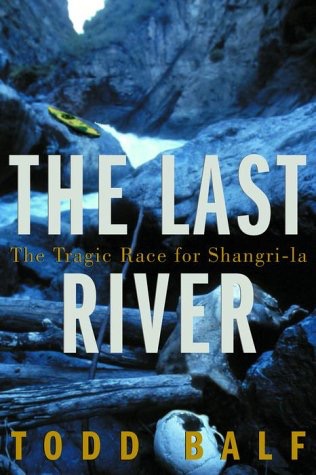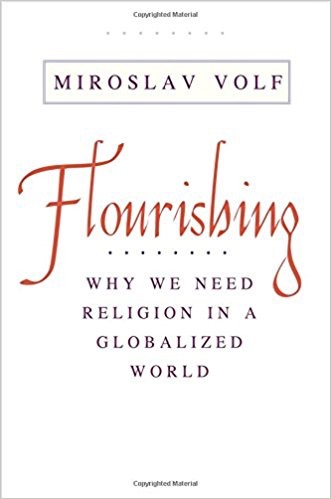August 2017
The Last River
10/08/17 17:52
Todd Balf, The Last River: The Tragic Race for Shangri-la (New York: Three Rivers Press) 2000.

The book was, for me a bit reminiscent of the 1986 expedition to the upper Yangtze in which photographer David Shippee, from my then hometown of Boise, Idaho died of pulmonary edema, which might have been treated save the extreme remoteness of the expedition's location.
The tragedy, however, is handled well by Balf's book. He examines the ways in which river runners and extreme sports enthusiasts understand the risks that they are taking and accept those risks. Although there is a bit of second guessing in the book, for the most part the expedition is explored in a straight forward manner.
The book is a riveting read that carries the reader through a wide range of emotions.
Flourishing
09/08/17 18:33
Miroslav Volf, Flourishing: Why We Need Religion in a Globalized World (New Haven: Yale University Press) 2015.

This is a very important book for our time and were I teaching in a seminary, I would urge it to be part of the required reading for all who pursue theology as an academic discipline. Furthermore, I think it is important for pastors and others who serve congregations to have a basic understanding of the topics discussed. It is an impressive book by a true theologian who is faithful to his own Christian perspective, but open and understanding of other religions as well.